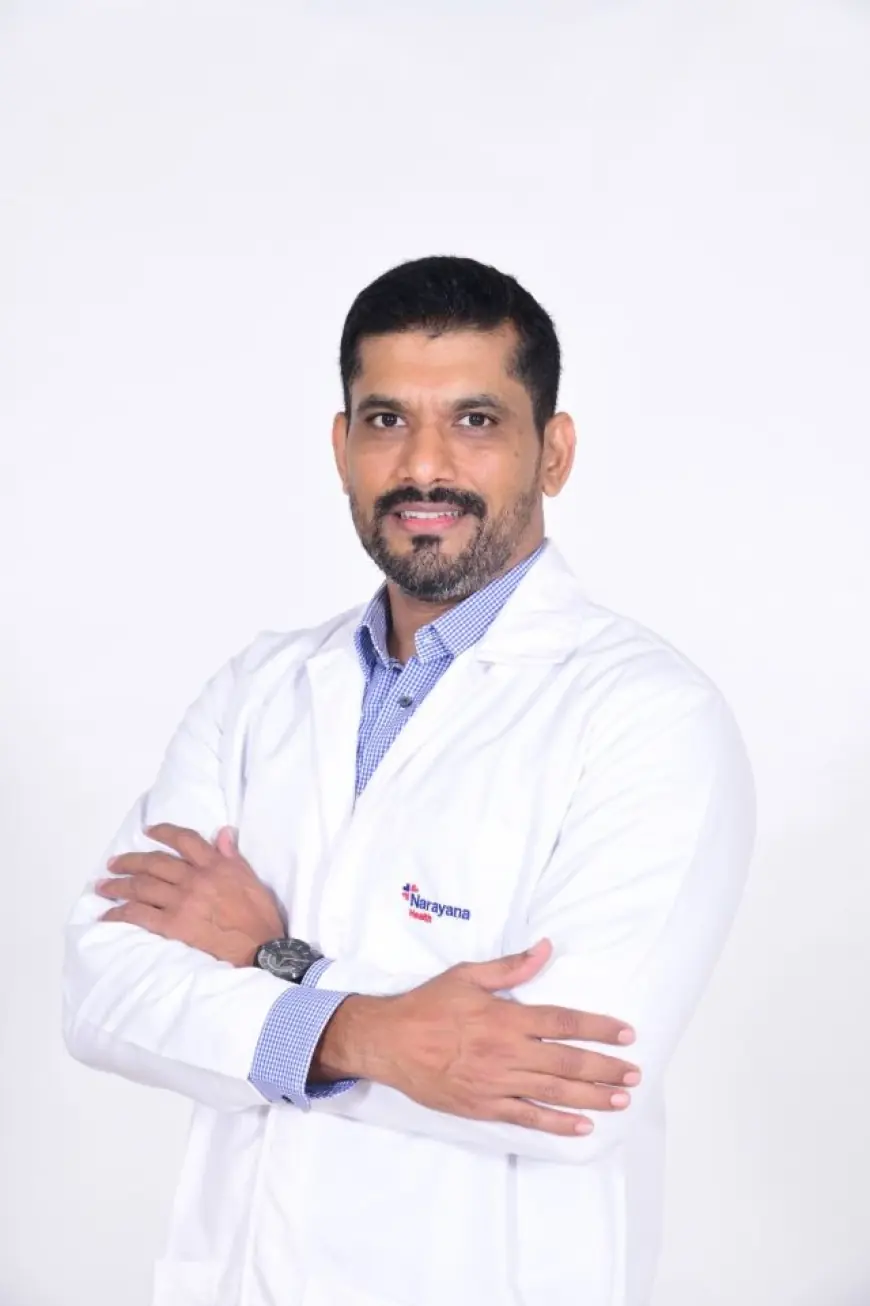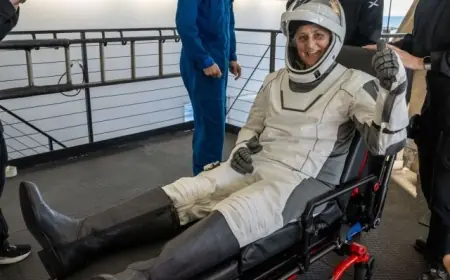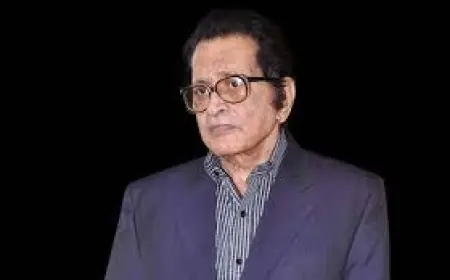Is Your Mouth Hiding Cancer? What You Need to Know This World Cancer Day
| Google News | Join WhatsApp | Join Telegram | Live |

Daily Mail 24 News Desk.
Sahyadri Narayana Hospital, Shivamogga
Oral cancer ranks among the top cancers in India and many developing nations. Its insidious nature lies in its subtle early symptoms, which are frequently ignored until the disease progresses. Tobacco use (smoking or chewing), excessive alcohol consumption and HPV-16 infections are prime culprits. Combining smoking and alcohol multiplies the risk exponentially. Emerging research also links prolonged sun exposure (lip cancer) and poor nutrition to its development.
Awareness is the first step toward prevention. Understanding risk factors empowers individuals to make informed lifestyle choices.
Silent Symptoms: What to Watch For
Oral cancer’s early signs are easy to miss but critical to recognise:
- Non-healing ulcers or sores in the mouth lasting over two weeks.
- Unexplained bleeding, lumps, or thickening in the mouth or throat.
- Difficulty swallowing, hoarseness, or persistent sore throat.
- Sudden numbness in the tongue or jaw.
- Dramatic weight loss without cause.
Pain is not always a precursor. Regular self-exams and dental check-ups are vital for catching anomalies early.
If symptoms arise, a thorough clinical examination by an oncologist or dentist is the first step. Suspicious lesions warrant a biopsy, where tissue samples are analysed for malignancy. Advanced imaging techniques like CT scans or MRIs help determine the cancer’s spread. Early-stage diagnosis drastically improves treatment outcomes.
Treatment
Treatment plans are tailored to the cancer’s stage, location and patient health:
1. Surgery: Involves removing tumours and affected tissues, sometimes requiring reconstructive procedures.
2. Radiation Therapy: Targets cancer cells while preserving healthy tissue, often combined with surgery.
3. Chemotherapy: Used for advanced cases or to shrink tumours pre-surgery.
4. Immunotherapy & Targeted Therapy: Emerging treatments that boost the immune system or attack specific cancer cell proteins.
Post-treatment rehabilitation, including speech therapy and nutritional support, helps restore quality of life.
Prevention:
The theme for World Cancer Day 2025 – United by Unique – aligns perfectly with oral cancer prevention strategies:
- Quit tobacco and limit alcohol.
- Get vaccinated against HPV.
- Use lip balm with SPF and avoid excessive sun exposure.
- Eat antioxidant-rich foods (fruits, vegetables) to bolster immunity.
- Schedule annual oral screenings—especially if you’re at high risk.
Prevention isn’t just personal; it’s societal. Public health initiatives must prioritise affordable screenings and HPV vaccination drives. While oral cancer remains a formidable challenge, medical advancements offer renewed hope. From minimally invasive surgeries to precision radiation, survival rates have climbed steadily. Yet, the real game-changer lies in awareness.
| Google News | Join Facebook | Live | 24/7 Help Desk |








































